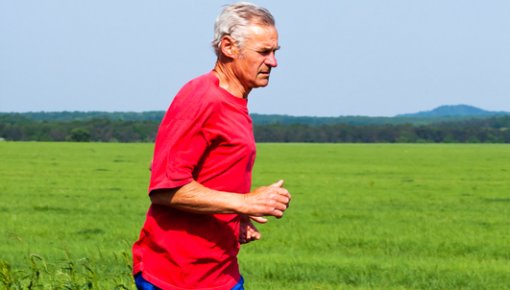I never stopped doing sports even though I have asthma
When I grew older, as a young adult, things got worse again. I often had infections. I did have medication, but it only had a short-term effect. Things used to be harder for people with asthma than they are now. There was no long-term controller medication. I used to take tablets that opened my airways but at the same time made me shiver all over as a side effect. Although I had asthma attacks during this time, there were also long phases during which I felt relatively good.
Then, in 1982, during a stay at a special treatment center for asthma, everything changed: The medical world had changed its mind. I was suddenly told that I should do sports and no longer had to avoid strenuous activities. A year later, I decided to join a running group. Within two years I had run my first marathon.
Then, for a long time, I didn’t have any asthma symptoms. After one of the marathons, though, I came down with a cold that was difficult to get rid of. My asthma symptoms returned and started occurring more frequently. Despite the waves of asthma attacks that came and went, I never stopped doing sports. I still do nowadays, about four to five times a week on average.


